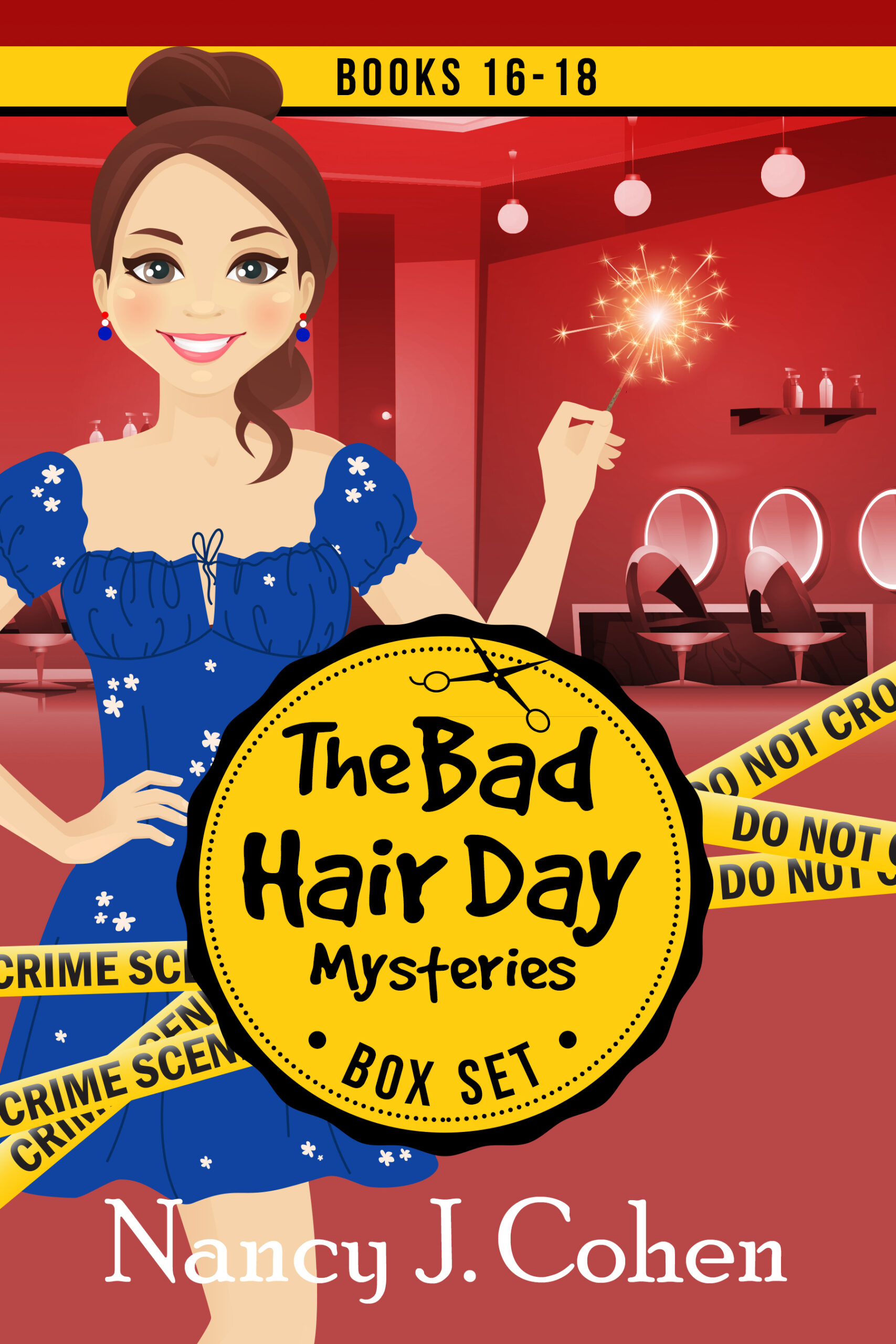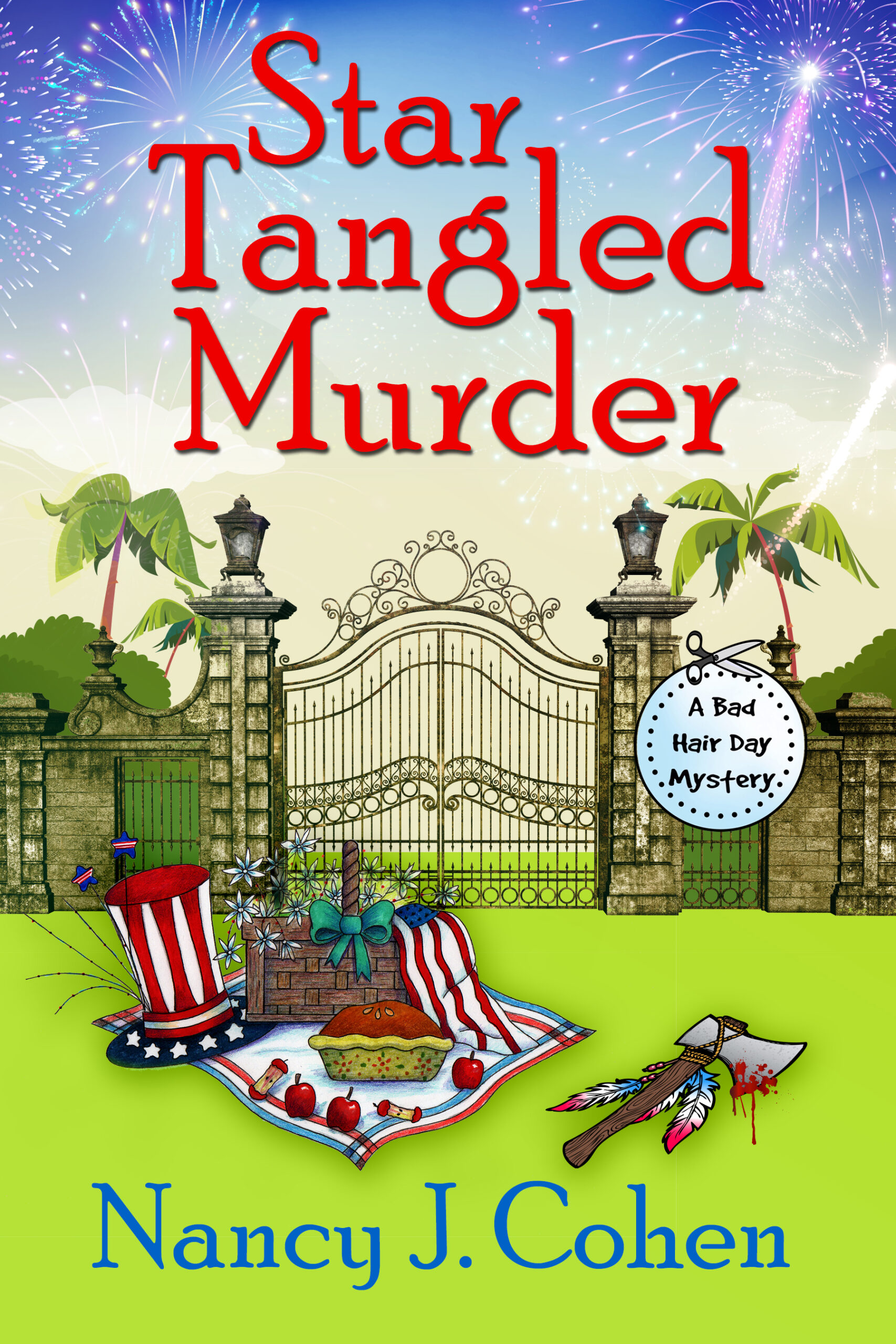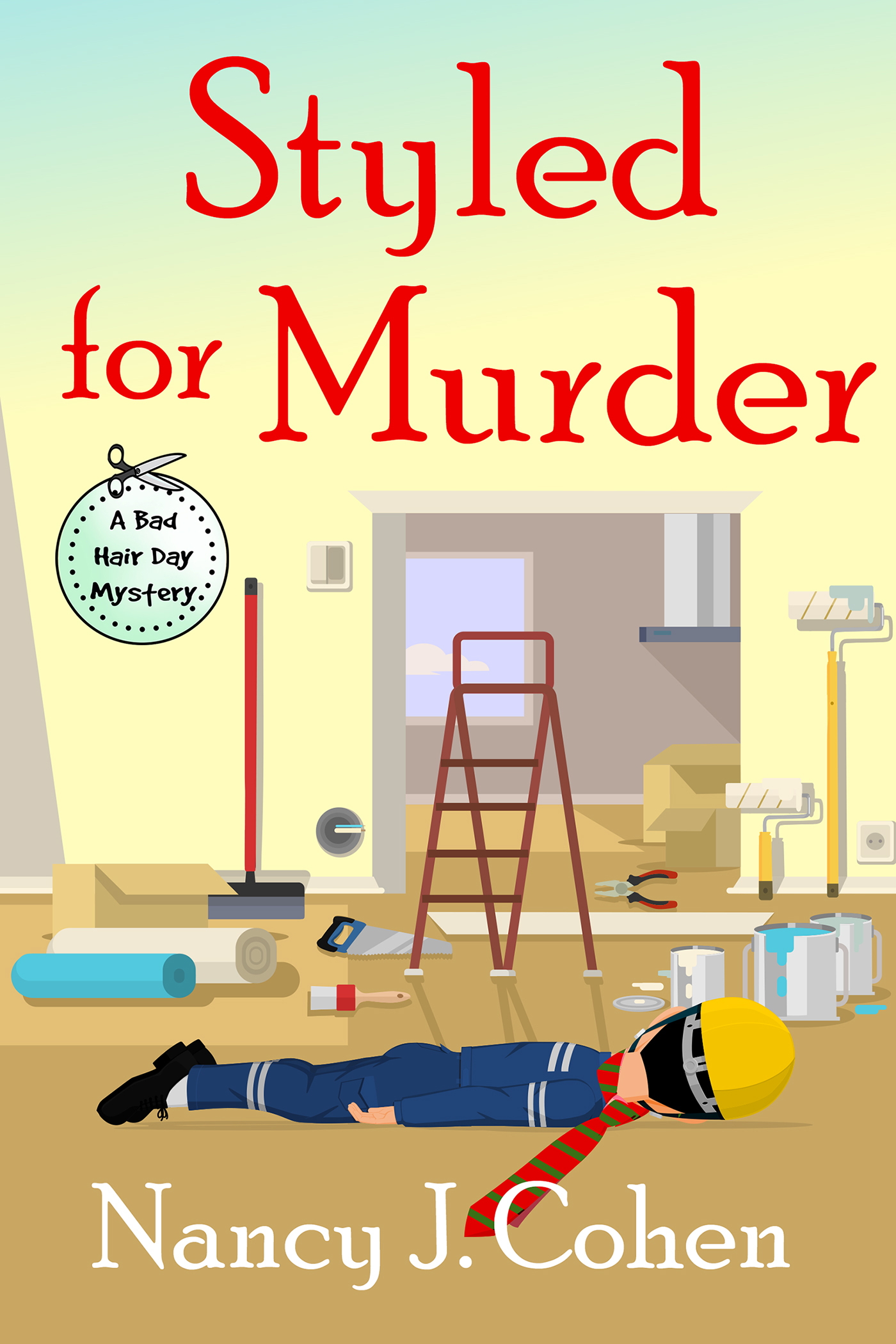Plotting your story can’t take place until you have an idea of issues you want to explore, setting, and character. Before you take pen to paper, you engage in the stage of Discovery. What does this mean?
Normally when planning a mystery, I start with the victim. Once the dead guy makes himself known, I create the suspects around him. Who had reason to want this person dead? What do they stand to gain? Who are the vic’s friends, business associates, and relatives? What secrets are they hiding? What issues are involved? Then I begin to explore possible motives. My research branches out, sometimes in new and interesting directions. Different elements swirl in my head, seep into my subconscious, and brew together until the plot pops out. Usually at this point, I can sit and write the entire synopsis.
But in researching my next mystery, I find myself going in a new direction totally. My characters will be transplanted from their normal Florida suburb to a ranch vacation in Arizona. I’m pondering a story that’s more an adventure than a whodunit, and the more fascinating items I research, the more excited I am getting. Copper mines, water resources, cattle ranches, ghost towns, haunted hotels, train rides…oh, my. A research trip is definitely required.
So far my notes are confined to Internet research but the various issues are becoming clarified. I am beginning to see what is possible and what may be implausible. These determinations will help when I debate my characters’ secrets and motives. I’m driven to discover more, to uncover additional tidbits that might influence my developing story. And I’m wondering if my readers will like reading more of an adventure or if I should stick to a traditional whodunit.
Or maybe this is all a pipe dream and these elements belong elsewhere, not with my series. But I’m excited for my happy couple to meet new challenges in a different location. Every few books in a series, when the setting gets to be same old, same old, you need to transplant your protagonists somewhere new for variety.
Sufficient time must be allotted for this discovery process. Plotting, research, and exploration are part of the pre-writing mode. Never feel guilty that you are not actually writing. You have to get it right, and only by digging into all the possibilities can you offer new material for the reader.
I am uncertain where I will go with this information I’m collecting. Maybe I’ll throw it all out and plot a traditional murder mystery. Or maybe I’ll go with the flow and drop my characters into a morass involving disputes over water resources, mining rights, ghost towns, and more. What do you think?

























I look forward to reading your next mystery!
Thanks, this is the sequel to the one I’ve already turned it. So we’re talking two books down the line. That gives me plenty of time to figure out the plot before writing this one.
Nancy,
Thanks for this insight. I made a presentation yesterday to a group of non-writers and wannabe writers and didn’t think to include this important phase. I’m revising my notes.
Barbara Barrett
Writers need to know that it’s okay to pause for a while and let things stew in their mind. That’s part of the creative process.
I call the stewing, percolating. Same thing. What a great topic that offers wonderful insights. Another terrific, post, Nancy. I love reading you in all your forms! Gotta share!
Percolating works also. I had to take a break from plotting today. Sometimes the ideas get so convoluted that I get a headache. It all works out eventually, but it’s like threads twisted in knots until they unwind and settle in one direction.
Thanks for the timely post. It’s just what I need to corral all my swirling thoughts.
I’d glad the post is helpful to you, Jeanne. Thank you for stopping by.